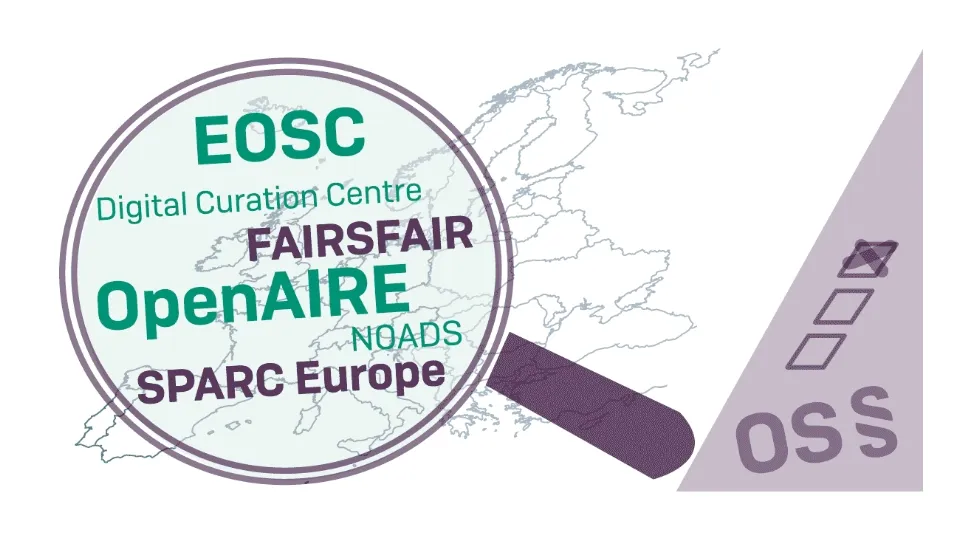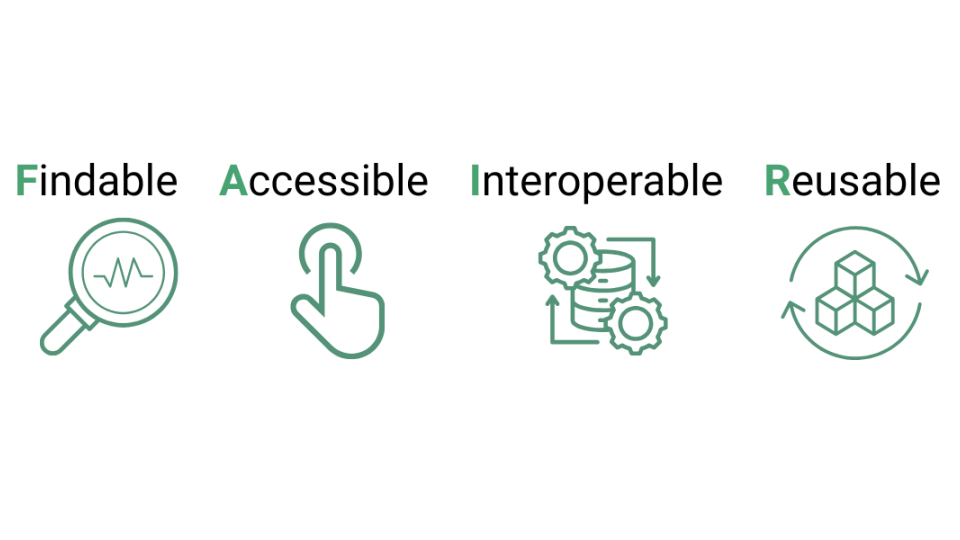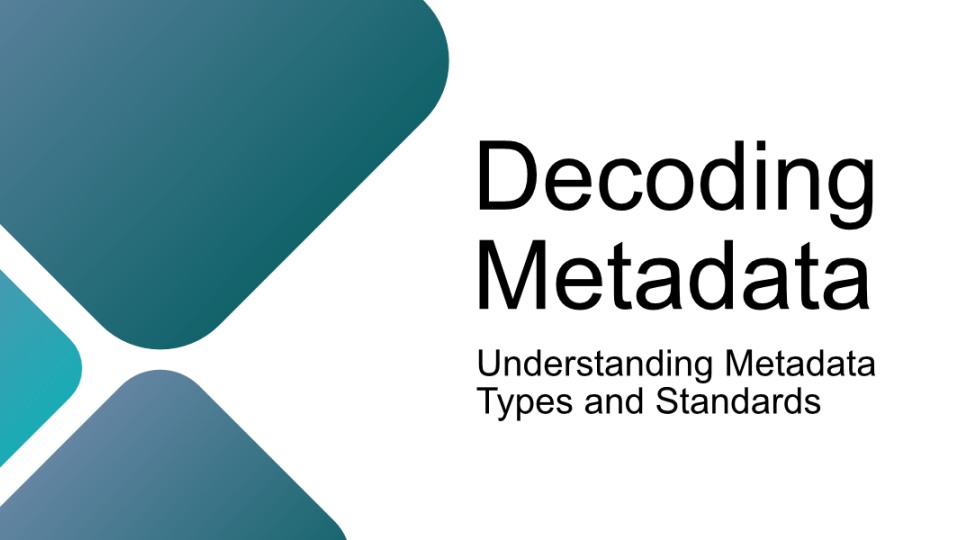If you are not an Open Science (OS) policy specialist and looking for quick information on foreign countries, it can be challenging to find what you need in the mass of information. This applies particularly to this “young” field, which is developing rapidly. As far as Europe is concerned, many open science networks and information platforms can give a quick overview of national policies. The following sources are not limited to strictly governmental policies but also mention national funder policies.
- OpenAIRE’s National Open Access Desks (NOADs) provide an Open Science Overview in Europe, not only on Open Science policies but also on available infrastructure, support networks, and Open Access (OA) statistics. You can also see the date the information was last updated. For specific questions, you can also contact directly the official NOADS representatives of each country.
- SPARC Europe and the Digital Curation Centre (DCC) have collaborated since 2017 on reviewing Open Science Policies in Europe. Their report has been updated twice a year. Although it rather focuses on research data, most policies include both OA publications and research data. The report contains not only country profiles but also an analysis and comparison of their policies. It also puts the analysis into the context of the current EU policy landscape and the emerging European Open Science Cloud (EOSC). From version 5 in 2020 (participation in the FAIRSFAIR project), it also includes a more in-depth analysis of the quality of the policies across ten categories (including mention of FAIR). The report is not limited to the EU but also includes countries active in the European Research Area. See previous and updated versions of the Open Science Policies in Europe reports here.
- The new EOSC portal now offers a section Policy and Member States, which “collects the most up-to-date information on the Member States”. The country profiles are not homogenous yet, but in the end, all Horizon Europe member states and associated states should be represented. The EOSC Regional Projects also offer detailed comparative analyses of the Open Science framework in some European countries. The project “EOSC synergy” published National EOSC Landscape reviews on seven European countries (Czech Republic, Poland, Portugal, Spain, Slovakia, The Netherlands, United Kingdom). The NI4OS-Europe also published a study on national OSC initiatives models across Europe. Although the project is centered around South East Europe, the first part of the study analyses important OS policies across Europe and helps to categorize European countries along different types of policy frameworks.
Unfortunately, the same information does not seem to exist at the international level (e.g. UNESCO’s overview of open access by Region has not been updated in recent years).
This article is bound to evolve and add the most recent information on this subject. If you do discover an interesting source of information, please contact us. Your contributions are welcome!



